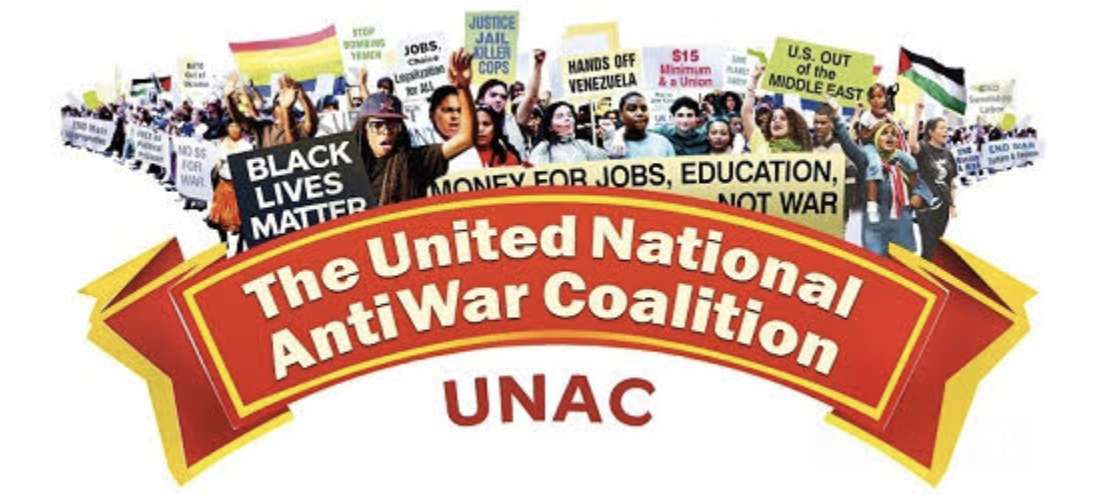The Impact and Consequences of US Sanctions
WHO gave the US the right to torment nations across the globe to force them to submit to its oligarchic diktats?
INTRODUCTION
In recent decades, the US has increasingly used sanctions as an instrument of foreign policy.
Some 39 nations1 and territories are under direct or indirect sanctions. Most of these sanctions are not authorized by the United Nations Security Council and many of them are enacted by the US alone.
They are called “unilateral coercive measures” at the United Nations. These US decrees and legislation are “extraterritorial” when they assume the right to impose regulations, restrictions and penalties on non- US countries, companies and individuals.
There are many types of sanctions: economic or financial restrictions, trade prohibitions, and blocking or seizing assets of individuals, organizations and countries. Greatly increasing the reach of sanctions, “secondary sanctions”2 target non-US entities which are interacting with the “primary” target .
President Biden’s administration is currently reviewing US sanctions policy. On January 21, 2021, the first National Security Memo3 of the Biden administration called for a review whether US sanctions are hindering response to the COVID-19 pandemic. Subsequently, administration leaders raised a second concern, saying4 “The goal of sanctions should not be to punish ordinary citizens for the actions of their leaders.” Then, Treasury Secretary Janet Yellen expressed a third concern that sanctions are undermining “the US’s leadership role in the global financial system.”
The Biden administration review of sanctions is being conducted by an inter-agency team including State and Treasury Departments. As of this date (mid-September 2021), they have not released the results of their review.
Because this issue is vitally important, a coalition of non-profit and human rights organizations called “Sanctions Kill5” has prepared the following report. The information and findings are the result of on- the-ground investigation in Syria plus questionnaires with citizens of some of the most severely sanctioned countries such as Cuba, Iran, Nicaragua, Venezuela, and Zimbabwe.
The title of this report is “We don’t deserve this.” This is what a Syrian woman said when asked about the destructive impact of US sanctions on her country. The goal of this report is to inform North Americans about the real-life consequences of US-imposed sanctions.
This report begins with our findings, then goes on to conclusions and recommendations. After that, there are quotes from some of the people interviewed and short synopses of the impact of sanctions in Cuba, Iran, Nicaragua, North Korea, Syria, and Venezuela.
The final section includes resources which will be of interest to anyone looking further into this topic. We invite your comments and collaboration. Contact us at info@SanctionsKill.org.
Download the full report here.
1 https://sanctionskill.org/2021/02/02/sanctions-fact-sheet-39-countries/
2 https://www.cnas.org/publications/reports/sanctions-by-the-numbers-u-s-secondary-sanctions
3 https://irp.fas.org/offdocs/nsm/nsm-1.pdf
4 https://www.wsj.com/articles/biden-administrations-review-of-sanctions-programs-could-take-months-white-house- official-says-11614732627
5 https://sanctionskill.org/

The views expressed herein are solely those of the author and may or may not reflect those of The Greanville Post. However, we do think they are important enough to be transmitted to a wider audience.
All image captions, pull quotes, appendices, etc. by the editors not the authors.
YOU ARE FREE TO REPRODUCE THIS ARTICLE PROVIDED YOU GIVE PROPER CREDIT TO THE GREANVILLE POST VIA A BACK LIVE LINK.
![]() This work is licensed under a Creative Commons Attribution-NonCommercial 4.0 International License
This work is licensed under a Creative Commons Attribution-NonCommercial 4.0 International License
[premium_newsticker id=”211406″]
Don’t forget to sign up for our FREE bulletin. Get The Greanville Post in your mailbox every few days.


